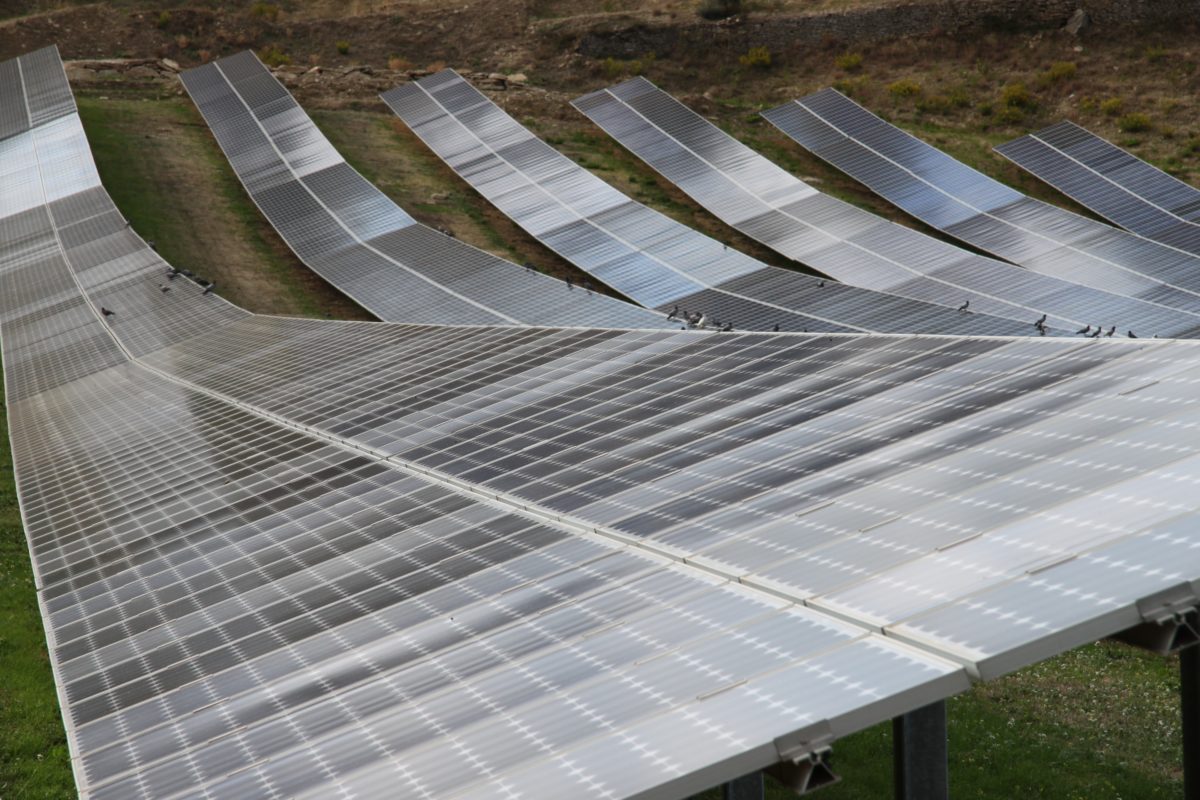A mix of storage and curtailment could be strategically key to achieving 92% penetration of variable renewables at minimal cost in Italy by 2060, according to a new paper by a group of six researchers.
In “Italian protocol for massive solar integration: From solar imbalance regulation to firm 24/365 solar generation,” the researchers note that the PV plants should all be equipped with battery energy storage systems (BESS) and should be optimally oversized. They claim that their proposed baseline scenario would also bring down electricity costs without having any major environmental impact on agricultural land.
They said a storage/curtailment strategy could allow solar to “meet any load profiles as reliably as the thermoelectric plants used today,” with existing technologies (BESS, smart inverters, and remote control) and without a change in electrical grid architecture. The only condition would be that BESS/smart inverter-equipped PV plants should be centrally controlled by the country's grid operator and managed by power distributors or aggregators.
The researchers believe that the centralized management of a flexible PV fleet could be an optimal solution for Italy. Their findings are in clear opposition to the current self-consumption trend, under which system management occurs at the end-user level, without a large-scale perspective.
Popular content
Under their proposed configuration, the final energy mix for 2060 would require 130 GW of PV, 50 GW of wind, 23.9 GW of other renewables, and just 7.98 GW of gas – down significantly from the current levels of 41 GW. Their scenario is based on the objectives of the Italian energy strategy (PNIEC) for 30 GW of solar by 2025 and 62 GW by 2030. By 2030, roughly one-quarter of the PV plants should be flexible, they argued.
Their 2060 scenario would require flexible PV plants to cover a maximum of 0.85% of Italy's land surface. By 2060, they expect that utility-scale PV and batteries should cost no more than €350 per megawatt and €90 per kilowatt-hour.
The research group includes scientists from Eurac, an Italian research institute.
This content is protected by copyright and may not be reused. If you want to cooperate with us and would like to reuse some of our content, please contact: editors@pv-magazine.com.


Why not connect the PV to electrolysers? This would obviate the need for direct control of the system – which will, in any case become problematic as PV farms proliferate. Better to take an autonomous network route towards control. Can’t say more because the paper sits behind an Elsevier-greed paywall.
Why not directly to electrolyzers? Because then you’d need ~5X the amount of PV…. 250GW of PV covering 4% of Italy.
Depending on how you do conversions and the final use (DC and whether voltage stepped up), and the relative proposal here’s electricity transfer (used on site, stepped up to low voltage, stepped up to high voltage and transmission losses. About 50% efficiency at electrolyzer, 10% loss in the compression for putting in pipelines, 10% loss in pipeline friction (pumping, etc.) 60% efficiency at fuel cell conversion to DC electricity, 95% efficiency converting from DC to AC, 10% step up losses to inject fuel cell plant to local distribution. 20% Net Efficiency = 50%*90%*90%*60%*95%*90%; On the other hand you’d need less solar because you’d never curtail, but guessing they are looking at 5% or lower curtailment so the overall issue of net efficiency losses probably prevails. Once you have ANY system to consume the curtailed energy, that adds cost which is what the authors of this study found. It is better to curtail a small amount of solar and have more solar than store it. If there was a lot to curtail, you’d store it, convert it to H2, or whatever.
The curtailed power should be used to generate green hydrogen, which can be used at night to generate electricity. Or else sell it to make money.